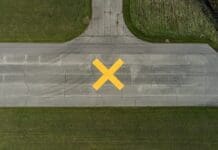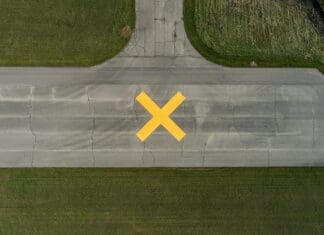This post is also available in:
 עברית (Hebrew)
עברית (Hebrew)
North Korea is an “up-close, dangerous and continuing threat,” said U.S. Defense Secretary Ash Carter at a news conference with his South Korean counterpart, Han Min-koo, who said his country would not tolerate further military provocations by the North.
In a joint written statement issued after closed-door meetings, they condemned North Korea’s recently expressed intent to conduct a long-range missile launch or nuclear test. In the statement, Carter and Han said further nuclear or missile tests by the North give them “grave concern”, and they called on Pyongyang to “cease all activities related to its nuclear programs immediately,” including operation of a nuclear reactor at Yongbyon, and to “abandon all nuclear weapons” it already has built.
The South Koreans have had peacetime control of their forces since 1994. The U.S. assumed full control of South Korean forces during the 1950-53 Korean War and has kept a sizeable U.S. troop presence there ever since to rebuild South Korean forces, to demonstrate U.S. resolve and to deter another North Korean invasion. The South Korean military is now one of the ablest in Asia.
Although expressing “grave concern” over North Korea’s intentions, no specific new steps toward giving South Korea control of its own forces in the event of a North Korean attack were stated, merely that the two countries agreed that transfer of wartime control would happen after the South develops a stronger capability to counter the North’s artillery force, among other steps. No timeline or further details were made public and other officials said specifics would be kept secret.
Although former defense secretary, Donald H. Rumsfeld, argued for transferring wartime control of South Korean forces in 2009, the South Koreans argued for extra time, and the two sides agreed it would happen by 2012, when tension was increasing between South Korea and the north, causing the transfer to be set back to 2015.
This year, however, the two allies agreed to postpone it indefinitely, saying it would happen on a “conditions based” timetable that includes completing improvements and upgrades to certain key elements of South Korean defenses.


























